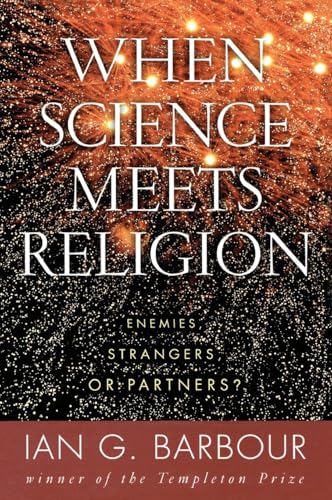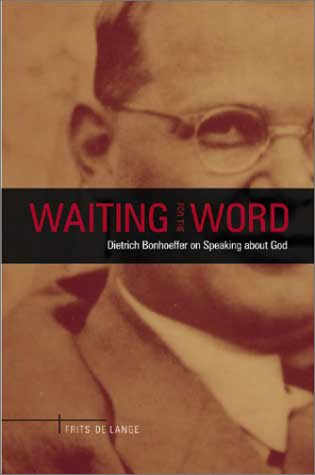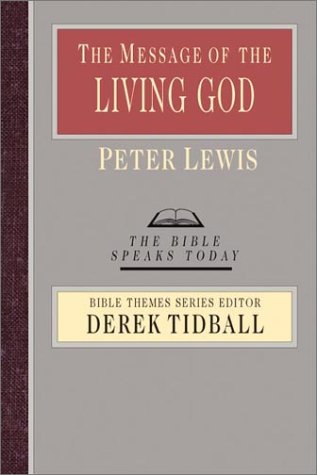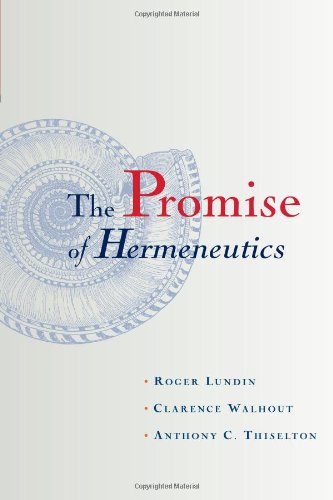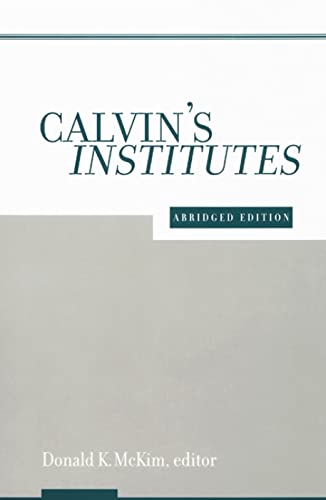Evangelicalism Divided. A record of crucial change in the years 1950–2000
Written by Iain H. Murray Reviewed By Peter CookIn the autumn of 1952, a young and newly converted student at Durham University sought counsel from the President of the Christian Union. He had become confused by the statement made by a senior Christian Union member, one Iain Murray, that the theologically liberal department of theology was ‘Satanic’. That bewildered student was the present reviewer of Iain Murray’s recent book Evangelicalism Divided.
Over the years, Iain Murray has had time to nurture, mature and crystallise his views but, as Evangelicalism Divided clearly demonstrates, he has not radically changed them. Having discovered as a student the writings of the Reformers and Puritans. Murray became convinced that the message of the Bible was far more powerful than he was hearing from the pulpits and platforms of most evangelicals of his own day. Thus his zeal for the great preachers of the past motivated his founding of the Banner of Truth Trust and its production of many publications, including Evangelicalism Divided.
This book is not merely a piece of research, as by a scholar or investigative journalist, but part of Murray’s apologia pro vita sua, covering not only the development of post-war evangelicalism but also the period of Murray’s own Christian activity. He has lived, read and thought through every event recorded in the book other than in the first chapter ‘setting the scene’, which traces the origins of modern liberal theology.
Murray begins by asserting that the German theologian Friedrich Schleiermacher (1768–1834) was the father of theological liberalism, which was to permeate almost every theological faculty then move outward into the denominations throughout Europe and the USA during the 19th and 20th centuries. Liberalism, however, was denounced by Grescham Machen and other orthodox theologians as being not only non-Christian but altogether another religion. Consequently, Machen and his colleagues, forced to secede from Princeton, founded the Westminster Theological Seminary in Philadelphia. This was to become a bastion of orthodox evangelicalism in the United States, set aside from the mainstream denominations.
Nevertheless, two of the earliest graduates of Westminster, Harold John Ockenga and Edward John Carnell, believed that evangelicalism could be carried back into the denominations in a respected academic fashion, and pioneered the Fuller Bible Seminary in Pasadena. Ockenga and Carnell were in turn the fathers of what came to be known as the ‘new evangelicalism’. This kind of evangelicalism was to influence powerfully the hitherto fundamentalist evangelist Dr Billy Graham, and the Billy Graham Organisation came to accept co-operation from such liberal churches as were willing to work on its terms. In due course, however, the BGO became enmeshed in the ecumenical movement and ready to work with Roman Catholicism.
Murray argues that a similar process began in Anglican evangelicalism, the watershed of which was the National Evangelical Congress at Keele in 1967, followed by two further such congresses, at Nottingham in 1977 and Caister in 1987. Among evangelical leaders, only Dr Martyn Lloyd-Jones realised what was happening, which was why he had only given very cautious support to the UK Billy Graham Crusades in the 1960s. Anglican evangelicalism, in its desire to be ecclesiastically acceptable and ever looking over its shoulder for approval from liberal theologians, had come to blunt its message. For Murray, there is no such thing as theological neutrality. The new evangelicals had been simply deluded by Satan.
This is clearly a very controversial book and Murray presents his case powerfully, citing over 300 authorities, some of them several times. Evangelicalism Divided should be read alongside the writings of such as David Wells, D.A. Carson, Oliver Barclay and others who, at various levels, are calling evangelicals back to sound and forthright Biblical teaching lest they break away from their moorings altogether.
Peter Cook
Scottish Evangelical Theology Society, Edinburgh



